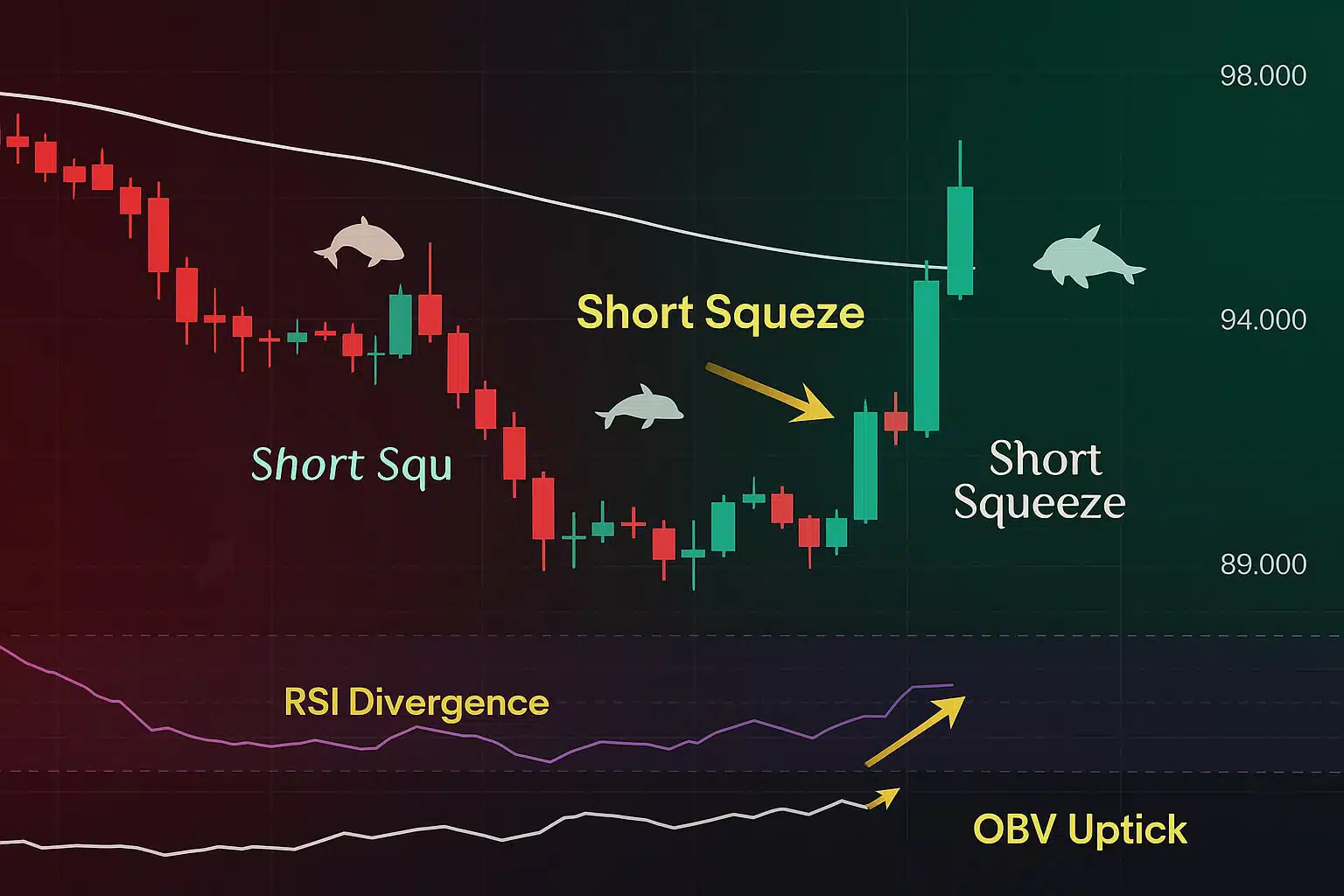As cryptocurrency becomes more mainstream, understanding how to properly file crypto taxes has become increasingly important. Whether you’re a seasoned trader or just starting, staying compliant with tax regulations is crucial to avoid penalties. In this comprehensive guide, we’ll walk you through the key steps for filing your crypto taxes, including reporting transactions, calculating gains, and utilizing the best tools for tax preparation.
1. Understanding Your Tax Obligations
Before diving into the filing process, it’s essential to understand your tax obligations regarding cryptocurrency. In most countries, tax authorities treat cryptocurrencies as property or assets. This means that transactions involving cryptocurrencies, such as selling, trading, or using them to purchase goods and services, are subject to capital gains tax.
Key Points to Consider:
- Capital Gains Tax: Any profit made from selling or trading cryptocurrency is typically subject to capital gains tax. Long-term gains (holding assets for over a year) are often taxed at a lower rate, while short-term gains (assets held for less than a year) are taxed at the ordinary income tax rate.
- Income Tax: If you receive cryptocurrency as payment for goods or services, the fair market value at the time of receipt is considered taxable income.
- Mining and Staking Rewards: Rewards earned from mining or staking are generally considered taxable income and must be reported on your tax return.
2. Keeping Detailed Records
Accurate record-keeping is the foundation of successful crypto tax filing. You should track every transaction to ensure you have all the information needed for reporting your cryptocurrency activities.
What to Record:
- Date of Transaction: The date you acquired, sold, traded, or used cryptocurrency.
- Type of Transaction: Whether it’s a buy, sell, trade, or use in a transaction.
- Amount of Cryptocurrency: The amount of cryptocurrency involved in each transaction.
- Fair Market Value: The value of the cryptocurrency in your local currency at the time of the transaction.
- Transaction Fees: Any fees paid to facilitate the transaction.
By maintaining these records, you’ll have all the necessary information to accurately calculate your gains and losses when it’s time to file your taxes.
3. Calculating Gains and Losses
Once you’ve gathered your records, the next step is to calculate your capital gains and losses for the tax year. Here’s how to do it:
Step 1: Determine the Cost Basis
The cost basis is the original amount you paid to acquire the cryptocurrency, including any associated fees. For example, if you bought 1 Bitcoin for $10,000 and paid a $100 transaction fee, your cost basis is $10,100.
Step 2: Calculate the Sale Price
The sale price is the amount you received when you sold or traded the cryptocurrency. For example, if you sold the same 1 Bitcoin for $15,000, that’s your sale price.
Step 3: Calculate the Gain or Loss
Subtract the cost basis from the sale price to determine your capital gain or loss. In this example, your gain would be $4,900 ($15,000 – $10,100).
4. Reporting Cryptocurrency Transactions
Reporting your cryptocurrency transactions on your tax return is essential to stay compliant with tax regulations. In the United States, you would report these transactions on Form 8949 and Schedule D.
Step 1: Use Form 8949
Form 8949 is used to report the sale or exchange of capital assets, including cryptocurrency. You’ll list each transaction on this form, including the date of acquisition, date of sale, proceeds, cost basis, and the gain or loss.
Step 2: Transfer to Schedule D
After completing Form 8949, you’ll transfer the totals to Schedule D, which summarizes your capital gains and losses. This form is then filed with your standard tax return (Form 1040 in the U.S.).
Step 3: Report Other Income
If you received cryptocurrency as income (e.g., from mining, staking, or as payment for services), you’ll report this as income on your tax return. In the U.S., this is typically done on Schedule 1 (for additional income) or Schedule C (for business income).
5. Using Crypto Tax Software
Given the complexity of filing crypto taxes, many taxpayers use specialized crypto tax software to simplify the process. These tools integrate with your cryptocurrency exchange accounts and wallets, automatically importing transactions and calculating gains, losses, and tax liabilities.
Popular Crypto Tax Software Options:
- CoinTracker: CoinTracker is a comprehensive crypto tax software that supports integration with various exchanges, providing detailed reports for tax filing.
- Koinly: Koinly offers easy-to-use tax reporting for crypto investors, including features for tracking your portfolio and calculating tax liabilities.
- TaxBit: TaxBit automates the entire crypto tax process, ensuring that your tax forms are accurate and ready for filing.
- ZenLedger: ZenLedger helps investors manage their crypto taxes with features like auto-generated tax forms and integration with popular exchanges.
Using one of these tools can help ensure that your tax filings are accurate, reducing the risk of errors and penalties.
6. Best Practices for Filing Crypto Taxes
To ensure a smooth filing process, consider the following best practices:
- Start Early: Don’t wait until the last minute to begin preparing your crypto taxes. Starting early gives you plenty of time to gather records and address any issues.
- Consult a Tax Professional: If you’re unsure about how to report your cryptocurrency transactions, consulting a tax professional who specializes in crypto can provide valuable guidance.
- Stay Informed: Cryptocurrency tax regulations are constantly evolving, so it’s important to stay updated on the latest changes and how they might affect your tax obligations.
- Use Tax Software: As mentioned earlier, using crypto tax software can streamline the filing process and ensure accuracy.
Conclusion
Filing crypto taxes can seem daunting, but by following the steps outlined in this guide, you can navigate the process with confidence. By understanding your tax obligations, keeping detailed records, and using the right tools, you’ll ensure compliance and avoid potential penalties. As the cryptocurrency landscape continues to evolve, staying informed about tax requirements will help you manage your investments more effectively.
For more detailed guides and tips on cryptocurrency tax filing, visit our crypto guides and news page.
If you’re interested in learning more about managing your cryptocurrency investments, check out our Crypto Taxation section.
Stay Updated
For the latest updates on crypto tax filing and other crypto news, follow us on:
Stay informed with the latest trends, analyses, and strategies to help you navigate the world of cryptocurrency at FreeCoins24.io.
Special Offer
For an enhanced trading experience, consider Bybit. Sign up through our referral link to unlock exclusive rewards, including up to $30,000 in deposit bonuses, and elevate your trading journey.

















